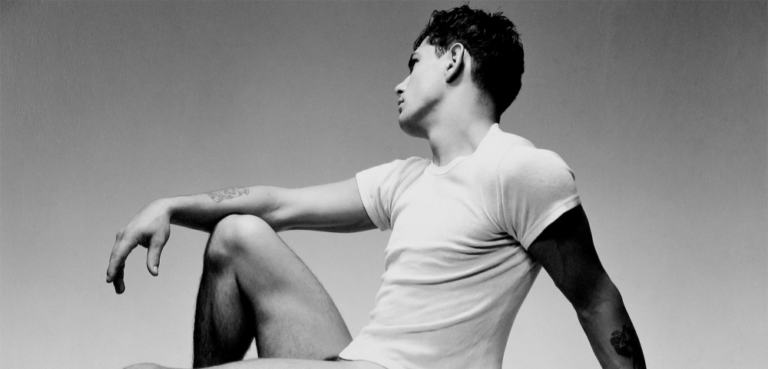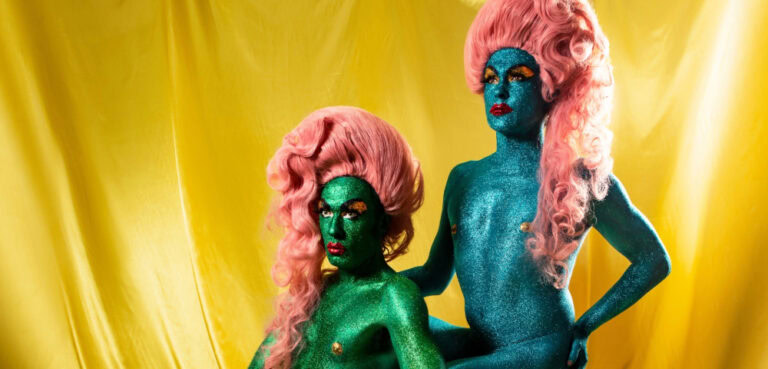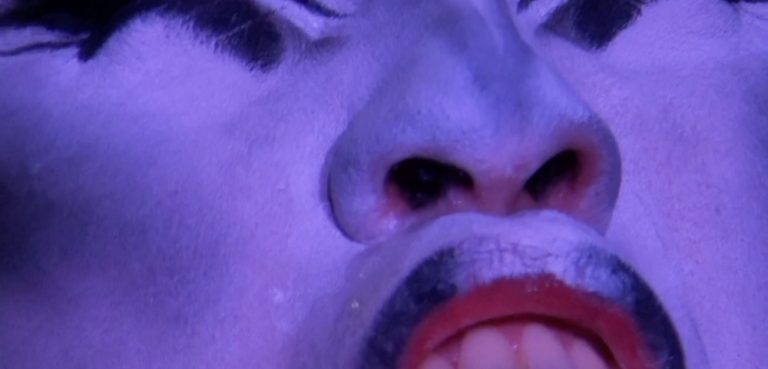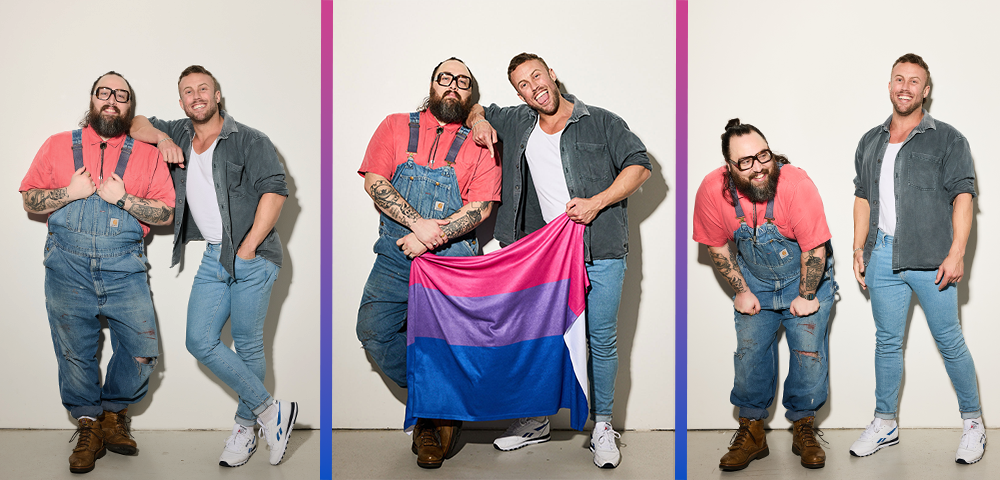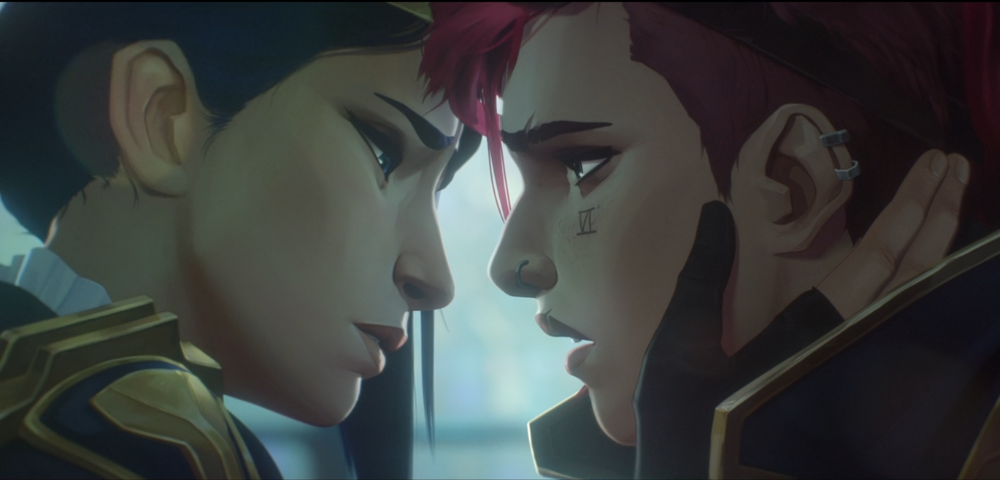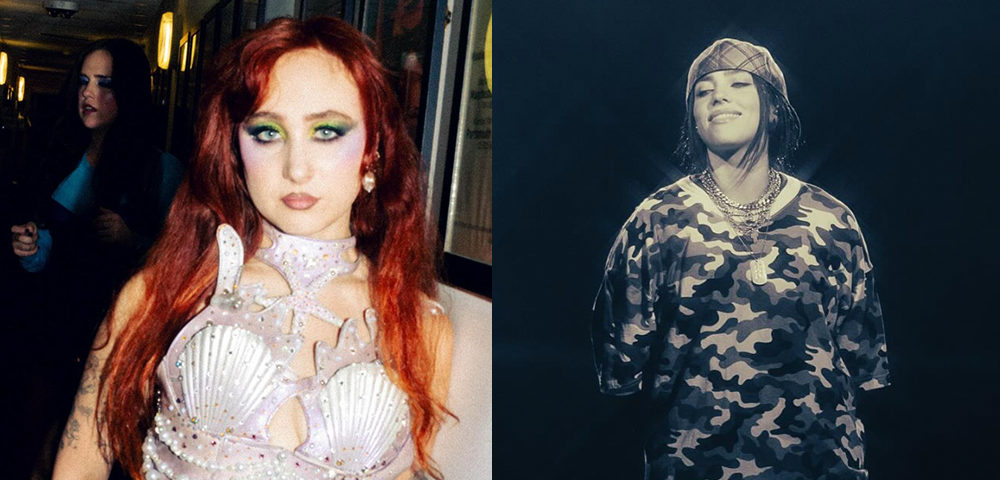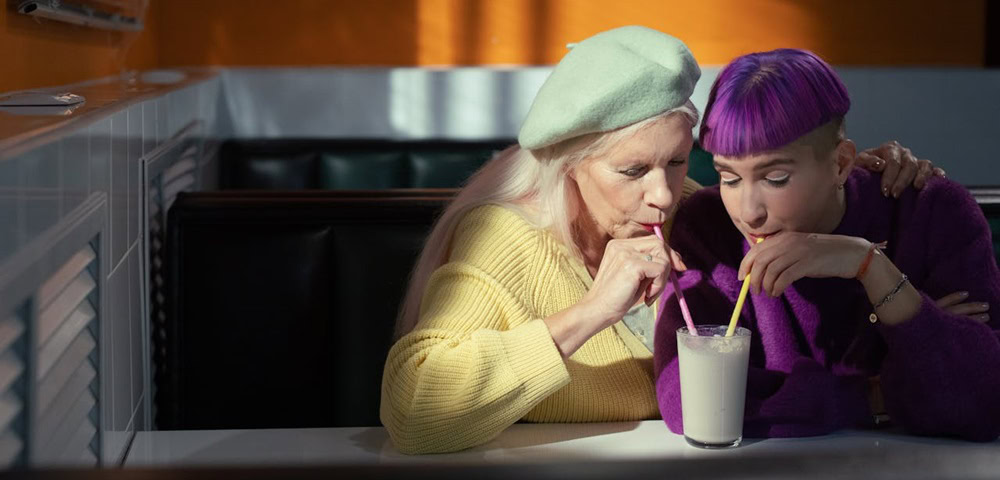
It’s time to stop criticising female pop stars for taking risks
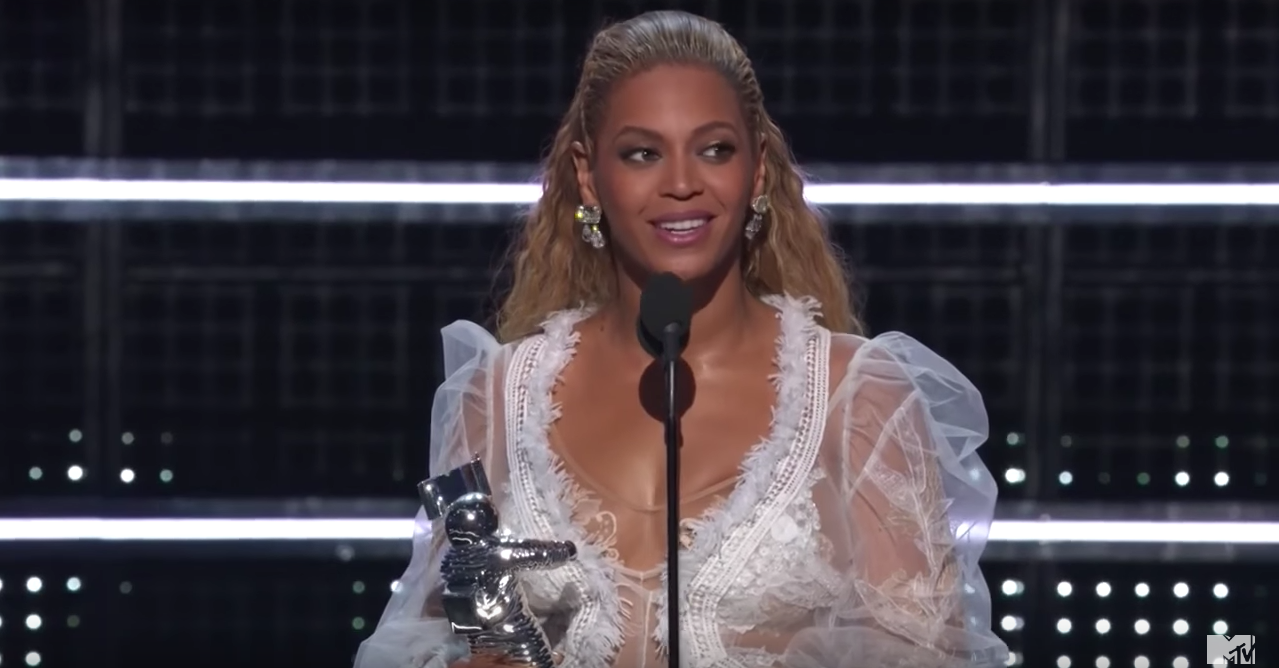
FOR about the millionth time this week I have just rewatched both Beyoncé and Rihanna’s performances from this year’s MTV Video Music Awards (VMAs).
The mind blowing mini-concerts – Queen Bey recreated almost her entire visual album Lemonade and RiRi performed four separate medleys of songs spanning her career – received rave reviews globally and went viral.
The night culminated in Beyoncé picking up a swag of Moonmen, including video of the year for Formation, and Rihanna accepting the Vanguard Award for her achievements.
These two women are some of the most successful musical artists in the history of the world and their latest album releases, the aforementioned Lemonade and Rihanna’s Anti, saw a marked departure from their usual pop-pleasing sounds into mature, personal and groundbreaking albums.
The albums received critical acclaim and broke sales records, but there were some punters who were not happy with the ladies’ new sound, suggesting they should stick to producing chart topping pop anthems.
I was at a formal reception earlier this year where an overly chiseled ‘twilight twink’ – a term I coined for ageing twinks who can’t admit they’re getting old and are losing the boyish looks that helped them coast through life – was tearing shreds in Beyoncé.
“Please just stick to making bangers, I just want to hear music from you that I can dance to in the clubs,” he exclaimed to no one in particular.
“And who does she think she is to make an album for black women, she’s from a middle class family, she has no right to speaking up for black people,” said the white boy from Sydney’s north shore.
The backlash Bey and RiRi have faced reminds me of the same sort of criticism our darling Kylie Minogue copped over her sixth studio album Impossible Princess – an experimental, alternative album which shocked her audience. But in mine and many other people’s opinions one of the most underrated albums of all time (also that 3-D holographic CD cover? Please, she is the greatest).
Other artists to have faced the same criticism are Madonna after she released Erotica, Janet Jackson’s self-titled gem of an album, Mariah Carey’s Butterfly and Lady Gaga’s Artpop.
Before I tear shreds into the argument that pop stars have no right to make music of their choosing and live to serve the demands of the fans, I must make a full disclaimer – I am wholly and unhealthily obsessed with Beyoncé. To the extent I can’t tolerate any kind of criticism levelled against her, constructive or not.
Much like season two winner of RuPaul’s Drag Race, Tyra Sanchez, who I knew was a kindred spirit when she yelled at a fellow contestant who suggested Beyoncé has cellulite. Rationally, she would have known that Beyoncé probably does have cellulite, because everybody does, but she could not handle any shade being thrown at our queen.
I’m like Tyra, I know that people are entitled to their opinions of Bey, I can’t handle ANYTHING negative being said about her, but I’m going to do my best to be fair here.
The judgement hurled at mainly female pop stars is completely unfair. Surely as creative people they can produce whatever they want, especially after spending years making music to appeal to the masses in a fickle industry, undoubtedly facing rampant sexism and racism.
Surely when you get to Beyoncé’s level of success where people actually start referring to you as a deity, you’re entitled to do whatever the hell you want?
Brooklyn rapper Talib Kweli addressed this very issue in a fantastic piece in Medium called In Defense of Ms Hill after a London writer took genius songwriter, singer and MC Lauryn Hill to task for not performing a concert in the ways fans expected her to and argued that people who think musicians must create art to please them are missing the point.
“The artist is a human being, not a product. Sure, the artist makes products that are for sale, but the artist is not forever in your debt because you may have purchased a product from them at some point,” Kweli wrote.
“Artists make art for themselves. Art is an honest expression. Artists who pander to their fans by trying to make music “for” their fans make empty, transparent art.
“The true fan does not want you to make music for them, they want you to make music for you, because that’s the whole reason they fell in love with you in the first place.”

